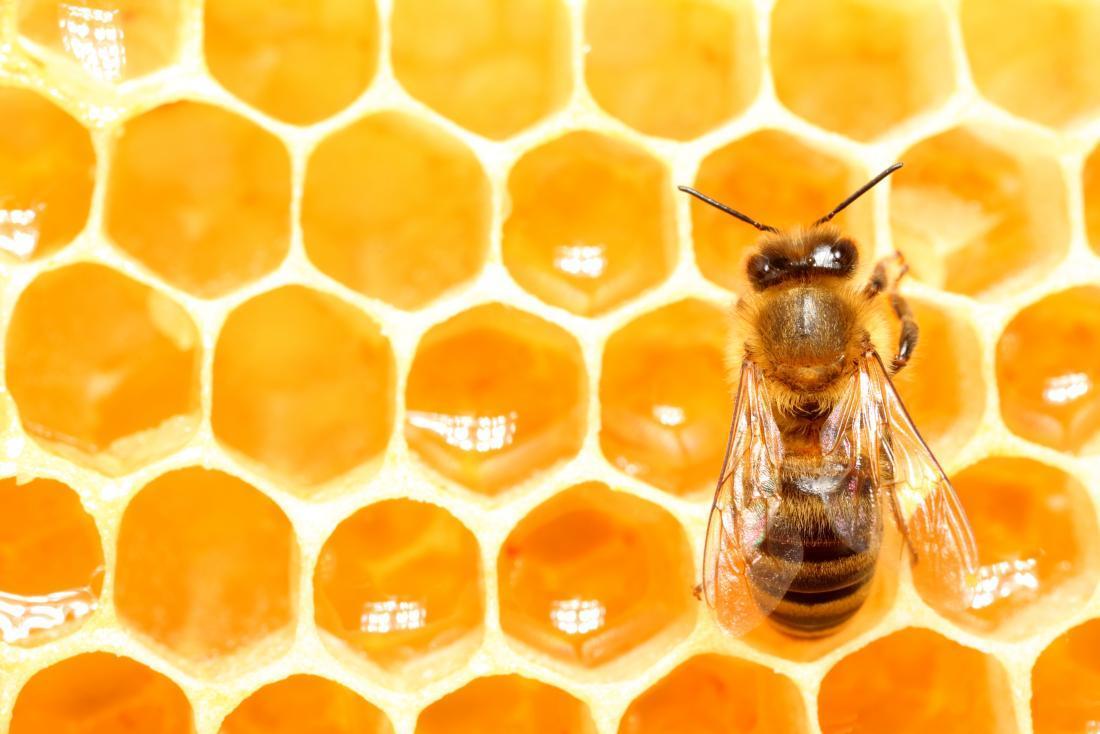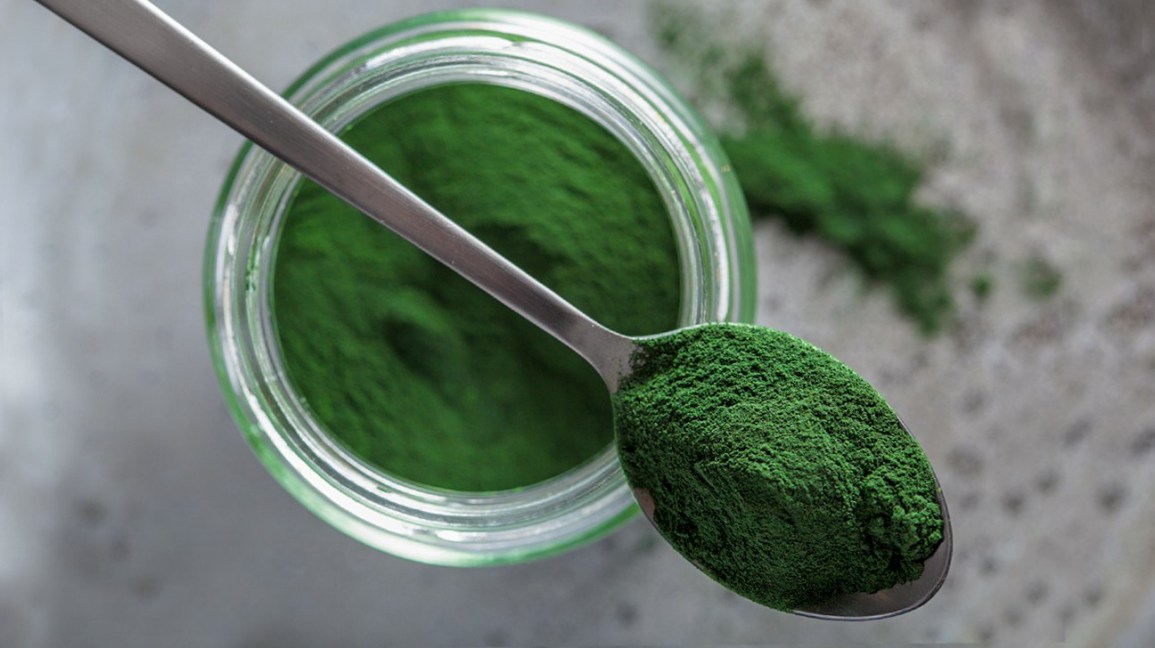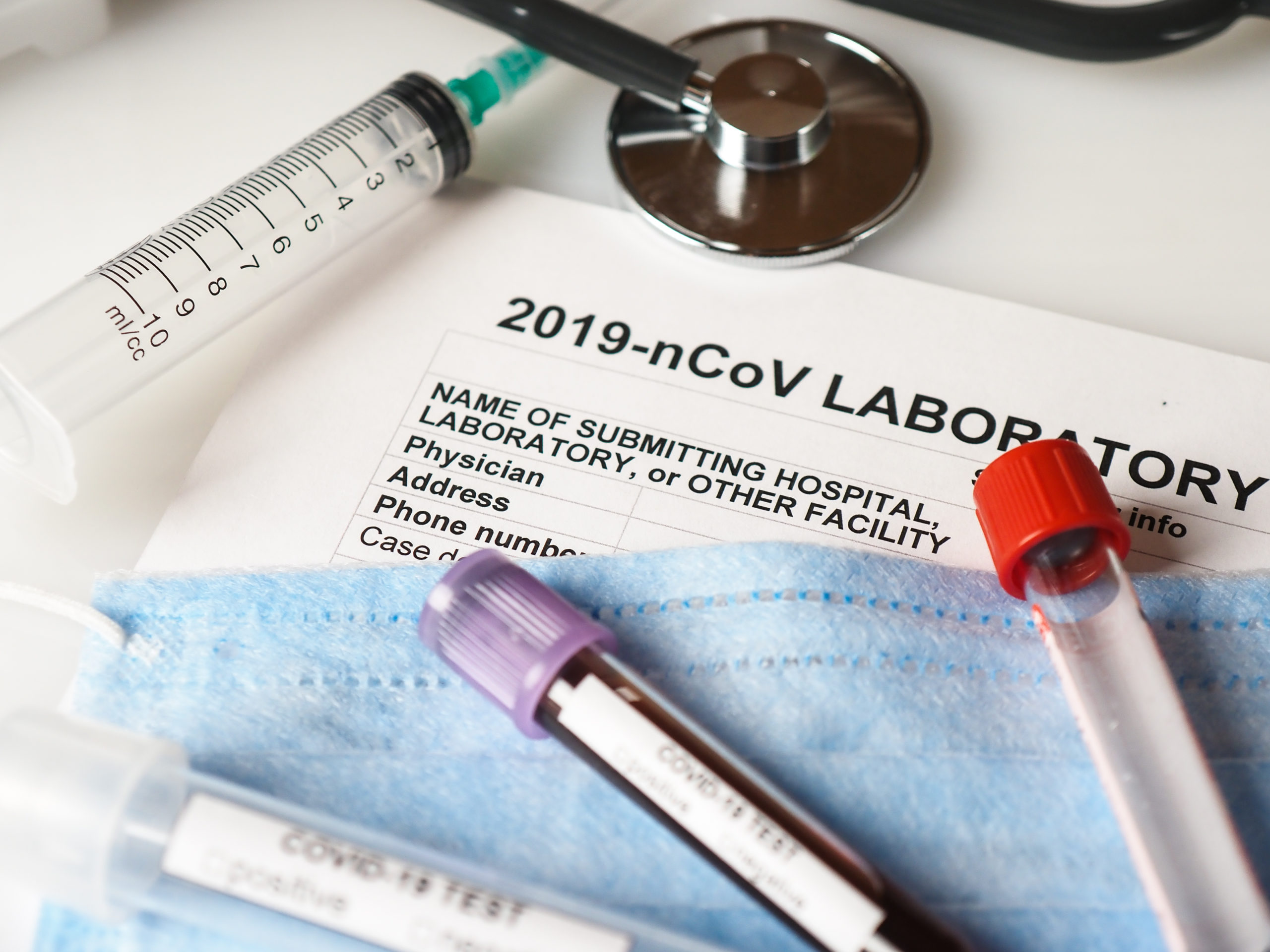Chlorella: Use This Superfood to Help Remove Mercury From Your Tissues in Weeks
Have you noticed that practically every day a new story comes out in the media about the toxic side effects of living in the modern world? Chemical and heavy metal dangers seem to be lurking everywhere you turn in the 21st century!
Pesticides coat much of our fresh food supply, chemical by-products from manufacturing are routinely dumped into our air and water, and mercury amalgam fillings in your teeth may be releasing mercury into your body with every bite of food you take!
Spirulina Safety: Beware of Contamination
Spirulina has a record of safety, even at high doses, with few reported side effects. However, if harvest from polluted waters, or cultivated incorrectly, it can accumulate toxins from the environment.
A Guide on Selecting Healthy, High-Quality Eggs
They’ve been demonized and vilified for so many years, and are even touted to be a “risk factor” for heart attacks – it’s a shame, because eggs are actually among the healthiest foods you can eat. In fact, I believe that eggs are so good for you that eating a dozen per week is a simple and cost-effective way to get the valuable nutrients you need.
Antioxidants & Free Radicals

Alkaline ionized water is a powerful antioxidant. Alkaline ionized water is a plentiful source of antioxidants which help to neutralize free radicals. But what exactly are free radicals and antioxidants? In short, free radicals cause oxidation in our body and antioxidants prevent oxidation.
Chlorella as a Powerful Detoxification Tool
One of the most exciting nutritional resources available today to help your body naturally fight environmental pollution is a whole-food based supplement called chlorella. Chlorella is actually one of the most widely used supplements in Japan, where over 10 million people use it regularly. The Japanese use of chlorella is more widespread than the North American use of vitamin C, our most popular supplement.
Do the Japanese know something we don't?
A Powerful Nutrient Trio to Reduce Your Osteoporosis Risk
A study published in Osteoporosis International has concluded that lifetime supplementation with vitamin K1 or, even better, K2, vitamin D3, and calcium is likely to reduce fractures and increase survival in postmenopausal women.
Plan Your Meal: What Your Meals In A Day Look Like?
Health Benefits of Alkaline Water

Alkaline ionized water is used for drinking and cooking, and provides users with several important health benefits:
Iodine Is Not Only for Your Thyroid
Chaga: The Therapeutic Mushroom
Must Read
How to Test Your Thyroid With a Thermometer
The thyroid is a tiny, butterfly-shaped gland which plays an important role in your well-being and health. It is located in your neck, just above your collarbone and it’s one of your endocrine glands, which make hormones that control many activities in your body. The thyroid makes sure the body’s metabolism, temperature, vitality and development are in order.


































